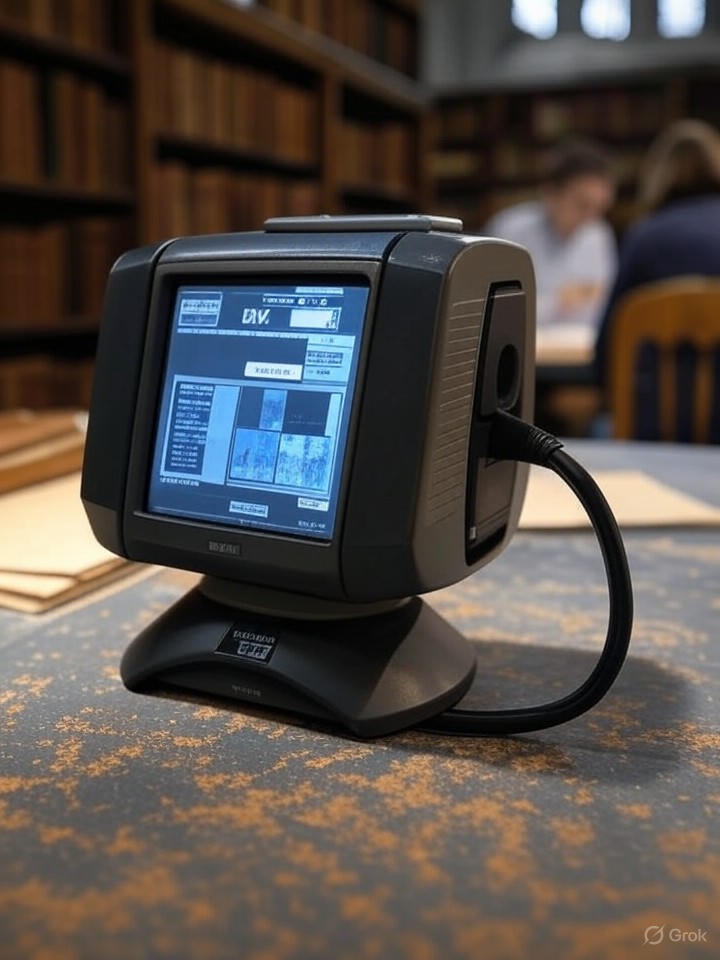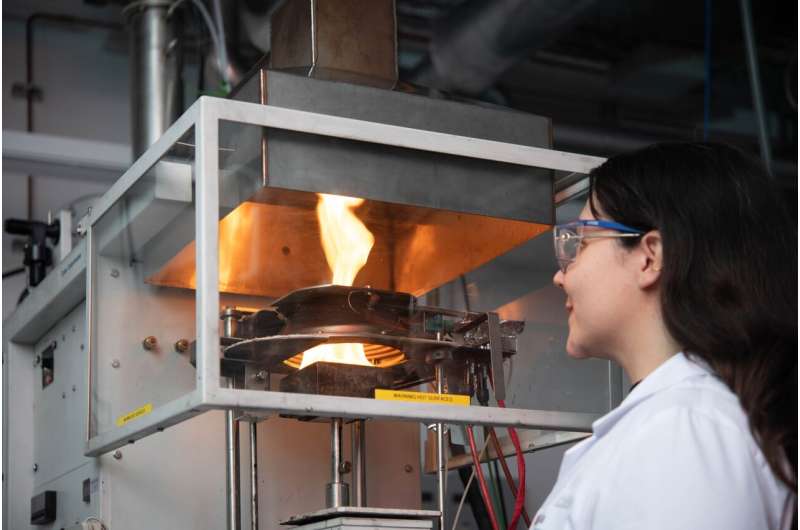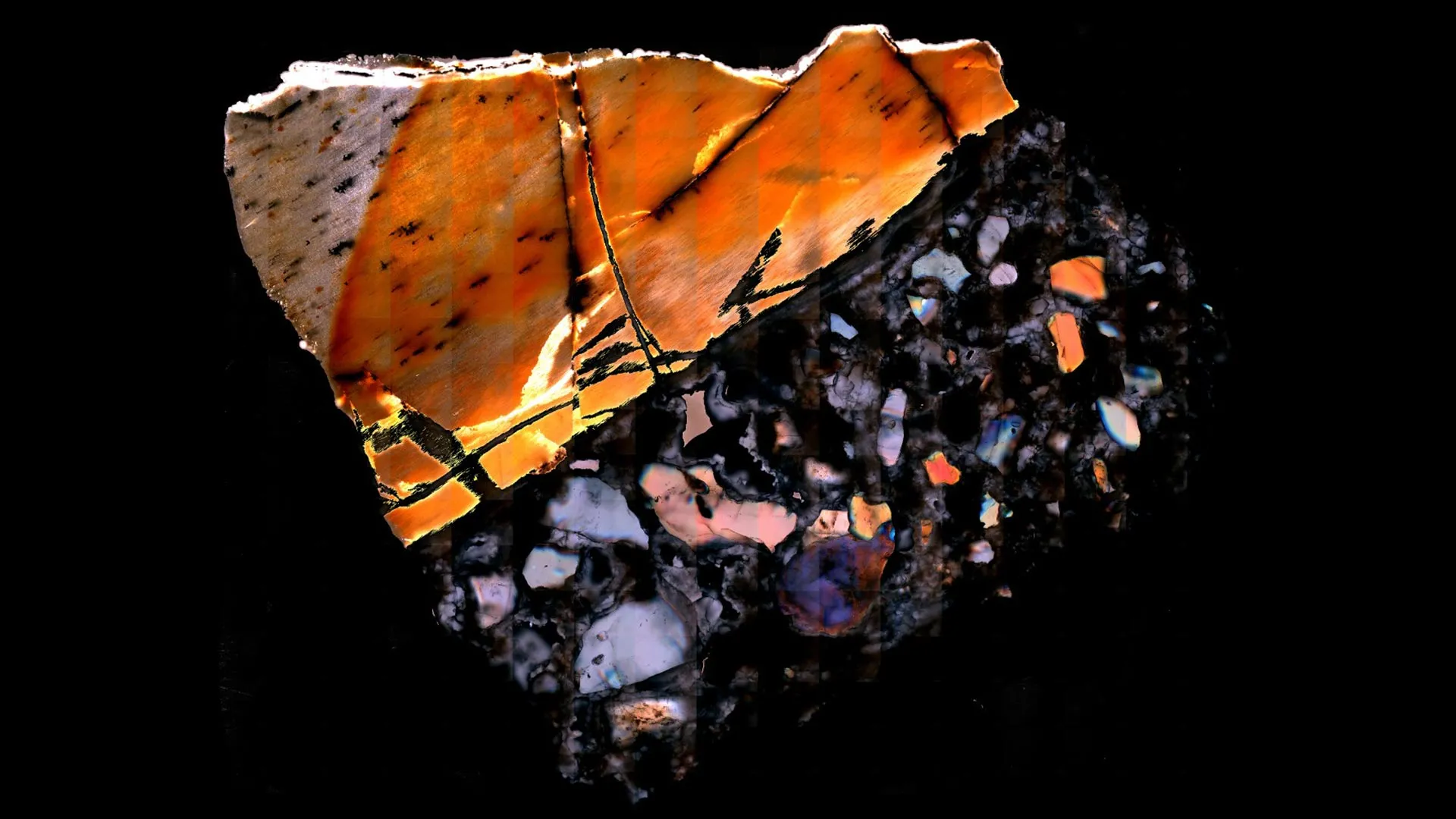In a unique event on October 9, 2023, Cambridge University Library hosted the Festival of Floppies, aiming to address the urgent issue of digital obsolescence. This gathering brought together archivists, retro-computing enthusiasts, and conservation experts to explore ways to preserve floppy disks, which were once the dominant form of data storage during the late 20th century. The festival was part of the Future Nostalgia project, highlighting the significance of these disks in preserving cultural heritage.
Participants engaged in hands-on workshops, learning techniques to image floppy disks using specialized tools such as the KryoFlux. This device captures raw magnetic flux data, enabling the preservation of both files and the disks’ underlying structures. The event underscored the precarious state of floppy disks, which are now susceptible to degradation from mold, dust, and magnetic decay. Many disks contain irreplaceable cultural artifacts, including personal letters and early digital art.
Collaboration Fuels Innovative Preservation Efforts
Collaboration was a cornerstone of the festival, attracting individuals from various fields, including libraries, archives, and gaming communities. Attendees had the opportunity to hear from speakers discussing ethical considerations in data recovery and innovative cleaning techniques for contaminated disks. A notable presentation addressed the challenges posed by non-standard formats, showcasing how retro-computing hobbyists’ trial-and-error methods can significantly aid professional archivists.
Practical sessions on disk imaging workflows were central to the day’s agenda. Participants shared experiences, exchanging stories of “disk disasters” and successes, such as recovering data from disks that appeared irretrievably damaged. According to a blog post from the Digital Preservation at Cambridge University Libraries, this exchange of knowledge fosters a supportive community, vital for addressing the challenges posed by aging media.
Technological Innovations and Future Implications
The festival featured technical demonstrations that highlighted tools beyond standard USB drives, illustrating why consumer-grade readers are inadequate for preservation tasks. The KryoFlux, for instance, allows for bit-level imaging, creating accurate digital replicas that can be analyzed and migrated to modern formats. Participants also explored software like the HxC Floppy Emulator, which emulates old hardware environments to access locked files.
Discussions extended to the broader implications of digital heritage, weighing the environmental impact of preserving physical media against the option of migrating data to cloud storage. The festival celebrated floppy disks not merely as obsolete technology but as vital connections to personal and cultural histories. Artistic installations evoking the era’s pixelated aesthetics enriched the experience, reminding attendees of the disks’ significance.
Looking ahead, the Festival of Floppies serves as a potential model for similar initiatives globally, addressing concerns about a possible “digital dark age.” By documenting workflows and sharing resources, Cambridge aims to support smaller institutions lacking specialized equipment. Leontien Talboom, a key figure in the digital preservation team, shared success stories from the library’s own collections, including unpublished manuscripts and early software prototypes.
The legacy of the event extends to advocacy for funding and training in digital preservation. Ensuring that today’s data remains accessible in the future is paramount. As floppy disks fade into history, the knowledge gathered from this festival—merging nostalgia with cutting-edge technology—provides a roadmap for protecting our evolving digital heritage, emphasizing that preservation is as much about innovation as it is about remembering the past.







